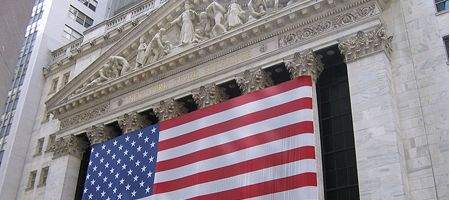City traders are never all that popular, so many people will welcome the news that they’ve now been shown to be rubbish compared with a new robot trading system.

Robot trading agents are already pretty prevalent in foreign exchange markets, but the latest, based on the University of Southampton’s Adaptive Aggressiveness (AA) strategy, apparently knocks the spots off its predecessors.
Marco De Lucas and Professor Dave Cliff of the University of Bristol carried out a re-run of the 2001 IBM experiment in which human traders competed against computerised trading agents and lost.
And their system not only beat the hopeless humans, it out-performed other leading automated systems too.
“Robot traders can analyse far larger datasets than human traders. They crunch the data faster and more efficiently and act on it faster,” says Dr Krishnan Vytelingum, one of the designers of the AA strategy.
“Robot trading is becoming more and more prominent in financial markets and currently dominates the foreign exchange market with 70 per cent of trade going through robot traders.”
But robot trading has its dangers. It’s particularly vulnerable to scams. And the practice was implicated in the May 6, 2010 Flash Crash,when the Dow Jones Industrial Average suffered its second largest ever intraday point swing.






